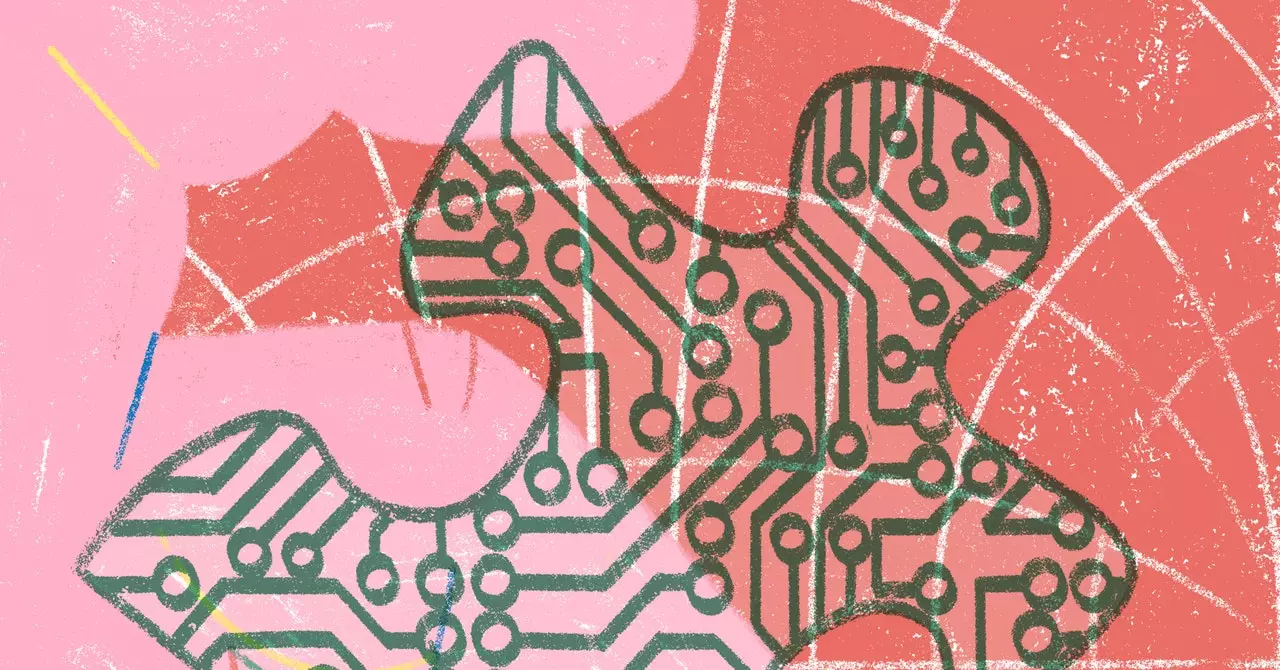As we approach 2025, there is a palpable shift in the conversation surrounding Big Tech—a collective critique that resonates across political lines and industries. This coalition, comprised of diverse voices including bipartisan political groups, mainstream analysts, and even tech entrepreneurs from influential organizations like Y Combinator, signifies a substantial transformation in public sentiment. The rallying cry for “little tech” against the often despotic control wielded by major tech firms highlights a growing awareness of the detrimental effects of centralization and a monopolistic marketplace.
The implications of this critique are profound. The issues associated with the traditional Big Tech business model—ranging from data surveillance to unchecked information dominance—are becoming too evident to overlook. The catastrophic CrowdStrike outage in mid-2024, a direct fallout from Microsoft’s reckless cost-cutting measures, serves as a cautionary tale. Critical infrastructures crashed worldwide, from healthcare systems and financial institutions to urban traffic management. Such failures illuminate the perils of concentrating immense power in the hands of a few corporations, signaling a need for reform that prioritizes decentralization and democratization of technology.
Compounding the challenges facing Big Tech is the shifting landscape of artificial intelligence (AI). Once heralded as the golden child of the tech industry, the AI sector is beginning to reveal cracks in its once-steadfast foundation. Heavyweights in finance and venture capital, including Goldman Sachs and Sequoia Capital, have voiced their concerns about the disparity between the exorbitant costs of developing expansive AI systems and the sluggish market performance that follows. The promises and potential of AI are under scrutiny, as the profitability of these initiatives appears increasingly uncertain.
Moreover, the growing public awareness regarding privacy issues poses a significant threat to AI’s viability. With consumers becoming ever more conscious of their digital footprints, evidenced by the surging user base of privacy-centric platforms like Signal, the appetite for robust data protection is at an all-time high. However, the nature of AI requires extensive data harvesting, often infringing upon user privacy—an incompatibility that could lead to public backlash and regulatory scrutiny.
The disarray within the Big Tech landscape does not just signify an impending decline; it also paves the way for innovative alternatives that challenge the status quo. Emerging movements in Europe demonstrate a concerted effort to create more equitable tech infrastructures. Collaborative endeavors among open-source developers, governance scholars, and tech industry analysts are forging pathways toward a new model of technology—one that emphasizes independence, transparency, and democratic values.
This new vision transcends superficial modifications to existing systems; it confronts the monopolistic technology paradigm itself. By fostering environments where technology serves the collective good rather than a select few, we can cultivate an ecosystem that champions ethical practices, decentralizes power, and enhances user sovereignty.
As Big Tech faces mounting scrutiny and challenges, the stage is set for a transformative shift in digital technology. If stakeholders unite to advocate for these emerging alternatives, we may very well witness a rebirth of technology rooted in democratic principles and equitable access, ultimately offering a brighter and more inclusive digital future.

